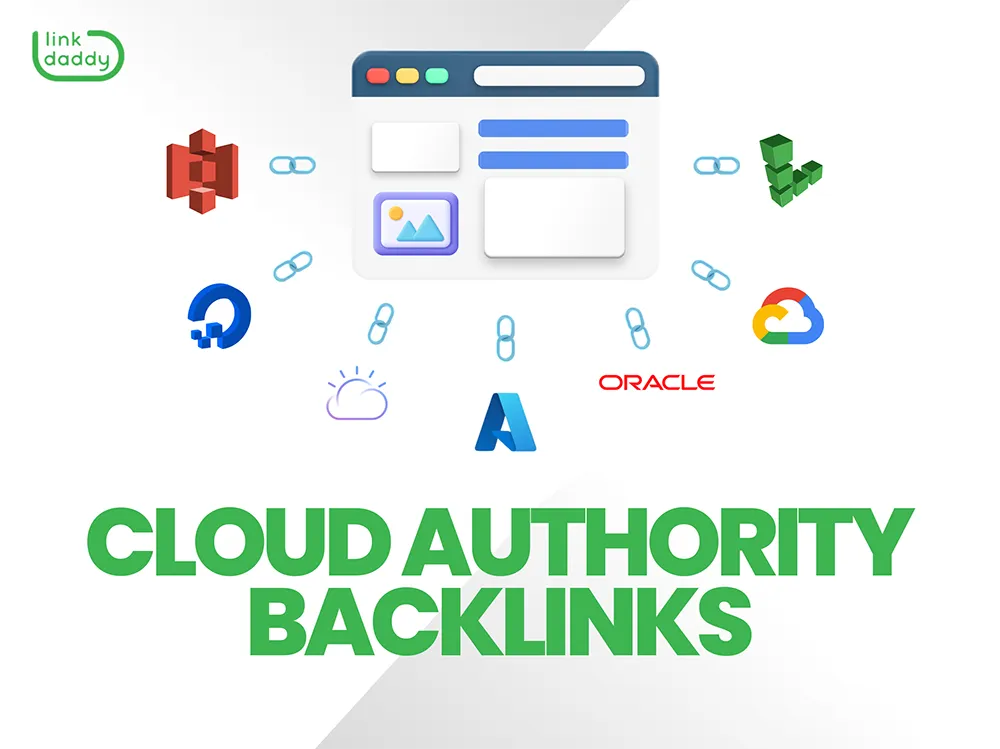Understanding the Various Kinds Of Cloud Services and Their Usages
In today's digital landscape, the realm of cloud computer offers a diverse array of services that deal with the demands of companies and people alike. From Facilities as a Service (IaaS) to Software as a Solution (SaaS), each sort of cloud service serves a special purpose and offers distinctive benefits. Recognizing the differences in between these different cloud designs is critical for optimizing procedures, boosting scalability, and guaranteeing cost-efficiency in a progressively interconnected globe. By exploring the nuanced performances and applications of each cloud solution, one can browse the intricacies of cloud computer with precision and foresight.
Infrastructure as a Solution (IaaS)
Facilities as a Solution (IaaS) gives individuals with virtualized computing sources online on a pay-as-you-go basis. This cloud computer model supplies crucial IT infrastructure such as virtual equipments, storage space, and networking without the demand for companies to spend in and manage physical servers and information facilities. With IaaS, individuals can scale resources up or down based upon their demands, providing versatility and cost-efficiency.
One of the crucial benefits of IaaS is its ability to quickly stipulation and deploy facilities parts, making it possible for organizations to react quickly to altering needs and market conditions. By outsourcing framework management to the company, companies can concentrate a lot more on their core company tasks instead of dealing with the complexities of hardware upkeep and upgrades.
Furthermore, IaaS uses a high degree of integrity and safety, with carriers usually using robust data back-up, disaster recovery, and cybersecurity procedures. This aids make certain that vital service operations stay continuous and data remains secured against possible risks. universal cloud Service. Generally, Framework as a Service enhances IT procedures, boosts scalability, and minimizes resources expenses for businesses of all sizes
System as a Solution (PaaS)
Structure upon the foundation of Facilities as a Service (IaaS), Platform as a Solution (PaaS) provides an extensive setting for programmers to create, deploy, and manage applications without the intricacies of underlying framework administration. PaaS gives a platform with devices and services that improve the development process, permitting programmers to concentrate on composing code and structure applications instead of dealing with infrastructure issues.

Software Application as a Service (SaaS)
Software Program as a Solution (SaaS) transforms the means companies gain access to and use software application applications by offering them on a subscription basis with cloud carriers. This cloud computing version gets rid of the need for companies to preserve and set up software program on specific tools, as every little thing is held and handled centrally in the cloud.
SaaS supplies an economical service for businesses as they just spend for the software application they make use of without the added expenses of equipment upkeep or software program updates. It likewise uses scalability, allowing firms to quickly readjust their software program requirements based on their demands.
In addition, SaaS applications can be accessed from any type of tool with a net connection, promoting collaboration and flexibility among remote groups. Safety and security is a top concern in SaaS, with companies applying robust procedures to safeguard data stored in the cloud.
Popular examples of SaaS consist of customer connection administration (CRM) software program like Salesforce, performance devices like Microsoft Office 365, and partnership systems like Google Office. SaaS continues to gain grip in the business world due to its comfort, cost-efficiency, and scalability.
Function as a Service (FaaS)
With the advancement of cloud solutions like Software program as a Solution (SaaS) enhancing software application shipment, Feature as a Solution (FaaS) represents a standard change in exactly how code is executed in a serverless setting. FaaS permits developers to create and execute individual functions or pieces of code in reaction to details occasions without the need to manage the facilities. This serverless computing version allows developers to focus only on writing code to carry out specific functionalities, without worrying themselves with the underlying framework or server monitoring.
Features are carried out in stateless containers that are spun Extra resources up and down as required, making certain optimal source use and cost-effectiveness. By abstracting the facilities layer, FaaS simplifies development, increases time to market, and improves overall agility in releasing cloud-native applications.
Storage Space as a Solution (STaaS)
An essential element in cloud computing, Storage as a Solution (STaaS) gives users with a effective and scalable remedy for handling information storage demands. STaaS permits organizations to save and fetch data from remote web servers via the net, removing the demand for on-premises hardware. This service supplies flexibility by enabling users to pay just for the storage space they make use of, making it a cost-effective option for services of all dimensions.

STaaS is specifically valuable for organizations with changing storage space needs, as it offers a safe and secure and reliable storage option without the requirement for considerable upfront financial investments. By leveraging STaaS, companies can enhance their data monitoring processes, improve accessibility, and enhance information protection in a cost-efficient manner.

Verdict
Finally, recognizing the various sorts of cloud services and their usages is necessary for people and organizations seeking to utilize the advantages of cloud computing. Each kind of cloud service uses one-of-a-kind advantages and performances, accommodating specific demands and needs. By using the best cloud service, organizations can boost their performance, scalability, and flexibility in handling their IT facilities and applications. It is necessary to analyze the More Info certain needs and goals prior to picking the suitable cloud service for optimum performance.
From Facilities as a Solution (IaaS) to Software as a Solution (SaaS), each type of cloud service serves an unique objective and provides distinct advantages. linkdaddy cloud services. By discovering the nuanced performances and applications of each cloud solution, one can navigate the complexities of cloud computer with precision and insight
With the advancement of cloud solutions like Software application as a Service (SaaS) click over here enhancing software program delivery, Function as a Service (FaaS) stands for a standard shift in exactly how code is implemented in a serverless setting.In final thought, comprehending the different kinds of cloud solutions and their usages is crucial for companies and people looking to leverage the benefits of cloud computer. By utilizing the ideal cloud service, organizations can boost their effectiveness, scalability, and adaptability in managing their IT infrastructure and applications.